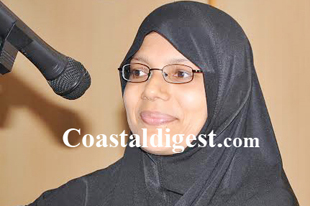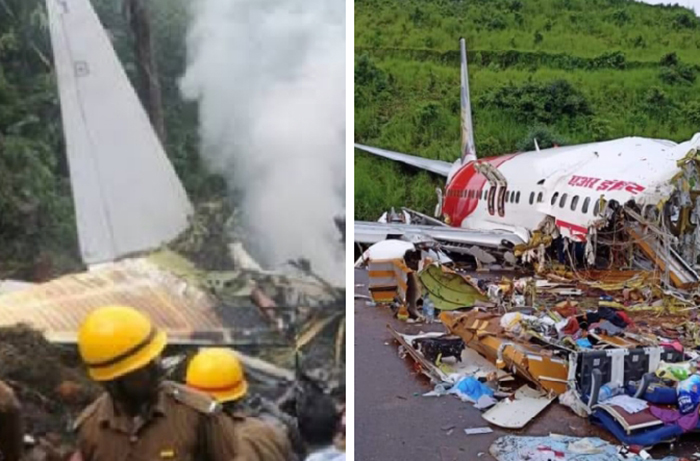Amidst the unending debates and arguments over the status of Muslim women and necessity of hijab among other things, a young woman from an orthodox family in Mangalore makes an attempt to study Islam. This attempt ultimately becomes a turning point in her life. After reading Quran she accepts Islam and its lifestyle. After marriage, along with familial duties and responsibilities, she engages herself in social activities. Hailing from a middle class family, Shahida Aslam is now national president of National Women's Front. Following are the excerpts of an exclusive interview with the Ms Aslam.

NWF was launched to create a platform for the women of the backward sections especially the Muslim community to strive for their empowerment and protect their rights. It is a known fact that women in India face various problems and women from minorities, tribals, Dalits and rural areas are more prone to be victims of oppression.
When we study the Muslim community we can observe that it is one of the most backward communities in India. Whether it is literacy, school enrolment, graduation or employment the percentage of Muslim women is less when compared to women of other communities. Considering these facts it is very important to have a dynamic movement among the Muslim women which will work for its empowerment.
When you talk about empowerment of women can you emphasize on the need of empowerment?
We strongly believe that only striving on the lines of present concept of development won't be enough to solve the problems of women as development is something in which the expectation is from external factors. This is similar to the difference between protection and security. Empowerment is an internal phenomenon where emphasis is given on making the women capable enough to pursue and sustain development. An empowered woman will develop all the skills and qualities needed to cope up with the emerging challenges.
There are many women organization and even organizations for Muslim women. How are NWF's activities different?
The major difference between organizations lies in their vision and also style of functioning. On a broad aspect we believe all the women organizations do play an important role in shaping the lives of Indian women. NWF concentrates more on grass-root level activity. If you observe the programmes or campaign we conduct you will see a micro level approach where our members reach out localities and carry out the activities. This type of functioning is possible because of the presence of granular level unit structures. Secondly the issues we take are also very serious in nature and not just limited to issues which catch the headlines. Our multi-dimensional agenda includes education, awareness and protection of women rights, health and hygiene, counseling, legal and political awareness. We believe all these fields' needs to be equally served as women belonging to Muslim and other backward communities need assistance in these fields.
For educational uplift NWF conducts various programmes like school enrollment, literacy campaigns, scholarship scheme and educational aid distribution. We also conduct various guidance classes for the parents from slum areas regarding the importance of education and the need of educating their kids. Health and hygiene is also a very serious issue for the economically weaker sections of the society. We usually coordinate with various health care workers and hospitals to conduct health awareness classes and health camps. Another creative initiative we recently started is the counseling programme which concentrates on solving personal and family related issues of poor people.
You have mentioned about legal awareness and political empowerment. Is there a possibility of bringing Muslim women to play a more prominent role in political field?
It is indeed possible. Muslim women do have all the capabilities to play crucial role in the political empowerment of the Muslim community. Today we see a huge number of Muslim women taking interest in education. The number of Muslim women pursuing higher education is also increasing. So this is the right time Muslim women understand the importance of political activities and get involved in political activities to strive for the rights of the weaker sections. NWF believes in promoting an alternate political front led by the backwards sections.
What would be your message to women?
The problems faced by women in India are not just an issue for women but for the entire society. Women form half the population of our society and a success of any society will depend on the success of this section. There is an urgent need that women must look beyond only feminist issues and come forward to play a major social role. We need to understand that our country faces grave challenges internally and externally so there should be more efforts on the social and political front by the women for protection of the rights.























Comments
Add new comment